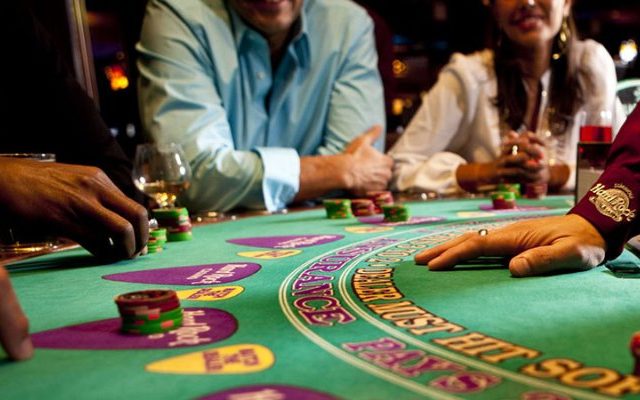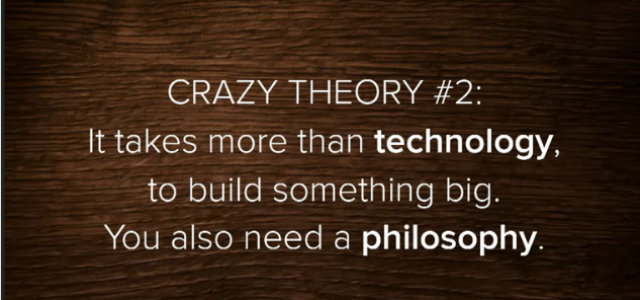Smart casinos can gather a lot of data about their customers, especially their recurring ones. Lots of people love to gamble, but few of them end up positive. The majority of them ends up with less in their pockets at the end of the experience than they had at the beginning (surprise!). Of course the monetary component is important, but there is more than meets the eye.
Smart casinos have long figured out that the entertainment and social component are as or more important than the pure monetary one, and have added all sorts of entertainments. It is an experience. Of course there is a price you are willing to pay for the experience, and if casinos knew that price, then they could increase their profits considerably, and have happier (losing) customers. The way you pay for the experience is, of course, through your gambling losses. But it could be a win-win, even if you lose.
Almost everybody entering a casino has a number in his head, and that number is the maximum loss for the day. You lose less, you had a positive experience, and are likely to come back. You lose more, you had a negative experience, and are less likely to come back. The problem is, the casino doesn’t know your number. It turns out your number is pretty similar to many other people number, and if the casino could figure out that segment number, it could intervene and ‘save your day’ before it is too late – turning a loss into a win, as opposed into a bloody loss. Smart casinos don’t want bloody losses, because the customers are less likely to return. Would you rather take a stream of £200/300 every month, for a few years, or £1,000 one off?
Here comes the gambler card. It works like a normal credit card, but it gives you access to casino privileges, and ease of use. You fill in your personal details (especially demographic), and off you go with it, to the betting tables. The card registers pretty much everything: where you played, how much you lost, how much you won. And in real time. But equally importantly, the card also allows the casino to figure out your ‘pain point’, which is that magic number below which you still feel the experience was good and worthy, and above which you are definitely going to say you had a very bad day, and you are less likely to come back.
Handing out your personal and demographic data, you have given the casino the chance to figure out that exact number. You might be middle thirties, come from neighbour X, male, employed at a big company, earning Y. That’s enough to put you in a well-defined segment, and assign you a pain point. Let’s say that pain point is £500.
As time goes by, and you accumulate your losses, you might get worryingly close to that pain point. And when you are too close, a casino attendant comes to the rescue, offering you some special treatment that you can’t refuse. You are down £300, and somebody shows up to offer you a free ticket for a VIP exhibition just about to start, if you leave the tables immediately. Or that fancy dinner with your spouse, but the offers ends in 5 minutes.
Of course you take it. It has been such a poor day, better get the freebie, enjoy some good time, and call it a day. And leave happily after having lost £300, ready to come back, to lose another £300.
Here is your stream of £300, instead of a ‘fat’ £1,000 one-off.
Makes sense. Marginal cost of the freebie to the casino? Probably £50. Profit for the day? £250, versus £1,000. Pay back: 4 months. Over 1 year, this strategy brings in £3,000 versus £1,000. I am simplifying, of course. But this is how it works.
Have fun, and take the card, and that free dinner, if you like casino entertainment.
What’s your pain-point? £300?
Article by channel:
Everything you need to know about Digital Transformation
The best articles, news and events direct to your inbox
Read more articles tagged: Analytics, Data Visualisation, Featured






